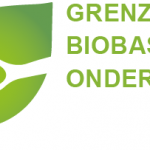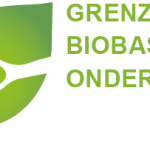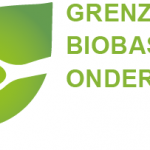GBO: Survey of training and research facilities
The Interreg Vlaanderen-Nederland supported project Grenzeloos Biobased Onderwijs – GBO (Boundless Biobased Education) developed demand-driven bio-based education programmes at secondary, higher and university level and on worked on better training and research facilities for education and business.
But how will the market demand look like, now and in the future? And what competences does the bio-based professional of tomorrow need? Starting from roadmaps for promising sectors such as agriculture and horticulture, non-food, chemistry and biotechnology, (clean) technology and materials and working together with experts and the business community the GBO project looked for answers on these questions.
Key project outcomes are presented in various -closely connected- formats including: 1. the online book of results, 2. the digital platform European Biobased Knowledge Network, 3. a market survey on competencies of young professional who will help shape and develop the future bio-based economy and 4. a survey of training and research facilities and an inventory of existing and needed training and research facilities.
The GBO survey of training and research facilities presents an inventory of both existing and needed training and research facilities. The report concludes inter alia that there is a need for a Shared Facility Netwerk and for hybrid leaning environments, where research and learning capacity can be developed and working in a team can be trained. Not only within the school, but also within the company, application centre or pilot plant facility.



